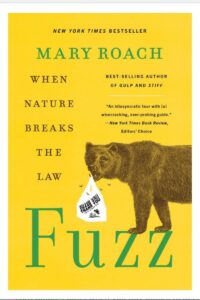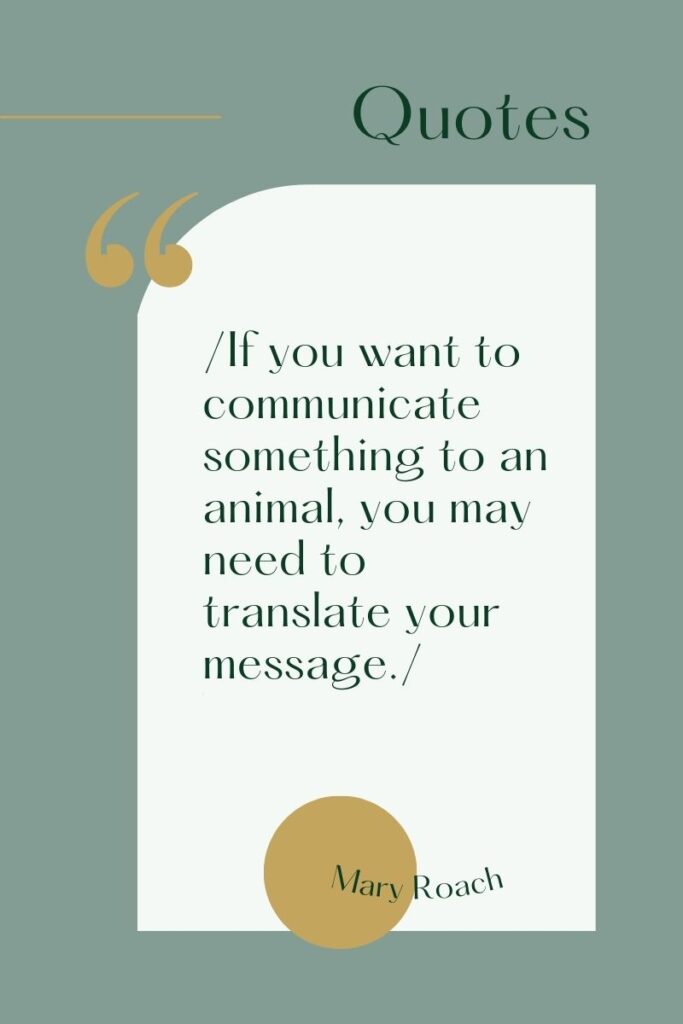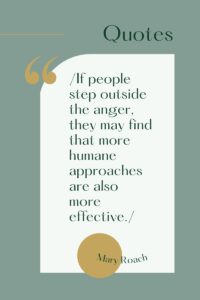 Before you even crack the cover, “Fuzz: When Nature Breaks the Law by Mary Roach”, the title gets your attention. The sub-heading alone is a superb hook. Animals committing crimes? Hmm, what’s this all about? Mountainside Mutts Book Club Review rating: 🦴🦴🦴🦴
Before you even crack the cover, “Fuzz: When Nature Breaks the Law by Mary Roach”, the title gets your attention. The sub-heading alone is a superb hook. Animals committing crimes? Hmm, what’s this all about? Mountainside Mutts Book Club Review rating: 🦴🦴🦴🦴
A black bear vandalizing its way across south eastern Massachusetts before its swan song on a college campus amidst graduation celebrations. Video footage from a raccoon pool party on a hot Southern California day. Foxes on a raucous trot in central London. Media channels frequently feature wildlife in unexpected situations. But we see so many of these stories that while momentarily entertaining, they don’t really strike us as “concerning” let alone “surprising”. Wildlife in unusual places – while interesting it’s now such a common occurrence that we don’t stop to think about it further let alone mull over why it is happening or what can ethically be done to address the situation. The natural world is not an issue for us until it’s an issue and then we come in “all guns blazing” – a frequently over the top response notwithstanding the problem is more often than not a result of our own actions.
My immediate thought was that this was going to be a book about animal outliers. In a way it is. But really it is a fascinating deep-dive into the collision of nature and the modern human world. Where the author truly excels is in effectively reframing a subject about which you’ve previously given little thought. For example, rather than “park rangers” get ready to hear about “wildlife CSI squads” and “bear bitches”. Roach doesn’t just talk about “nuisance animals” but burgling bears, murderous elephants and leopards. And it gets better – “arboreal manslaughter”. Seriously, how often have you looked at the beautiful aged trees in your backyard and worried about the identity of their next victim? 
The underlying goal of the book is to bring the reader’s focus back to a subject about which we’ve largely become desensitized – the conflict between humans and wildlife. The author succeeds in doing this by taking us along numerous “but why” lines of thought. Over the course of 15 chapters and 293 pages, Roach guides the reader through global tales of wildlife violating our human expectations. How the situations have come about and actions taken to resolve the issues – often with a steadfast refusal to change our own ways. When we’re blasé the problems get bigger. Solutions lie in re-examining our actions and how they might be impacting others. Just because we can do something doesn’t mean we should. Roach eloquently reminds the reader that “Animals act according to their instinct. Human beings have free will.”
This is not a new subject but it is something which if you’re anything like me you haven’t spent a lot of time thinking about until human and animal worlds collide. But we should. If “dumpster diving is a gateway crime” the fate of many a black bear could be avoided by taking better action to prevent them going down this route in the first place. Mountain Lions might not be wrongly identified (and dealt with) as murderers. Thieving monkeys. Birds and deer that threaten transportation. When referenced as actual infringements of our human laws, this book takes a really intriguing approach to looking at these incursions, how they’ve grown (and by our actions often made worse) and the complexities of now trying to resolve them. The reader encounters some big philosophical questions to ponder along the way – “Is intelligence the scale by which we decide whom to save?”
We’ve blurred the demarcation between human world and animal kingdom by our constant expansion. It’s really not fair then to complain how wildlife may be causing us issues. But we do. What gives us the right to think our presence is more important than that of another living thing? “Humans are just arrogant” said one of our club members. We’re certainly not without our flaws. But are we beyond redemption? Change starts somewhere. Fuzz does a great job of planting the seeds of thought.
 Our book club meets approximately every 6 weeks. What unites our members is a love for the animals around us.
Our book club meets approximately every 6 weeks. What unites our members is a love for the animals around us.
The next selection for the Mountainside Mutts Book Club is: How To Be A Good Creature: A Memoir in 13 Animals by Sy Montgomery and we’ll be meeting on 28 June. We’d love to have you join the discussion. Email: als@mountainsidemutts.com for further information.
In the meantime, have you read “Fuzz” already? If so, what did the book leave you thinking about?


